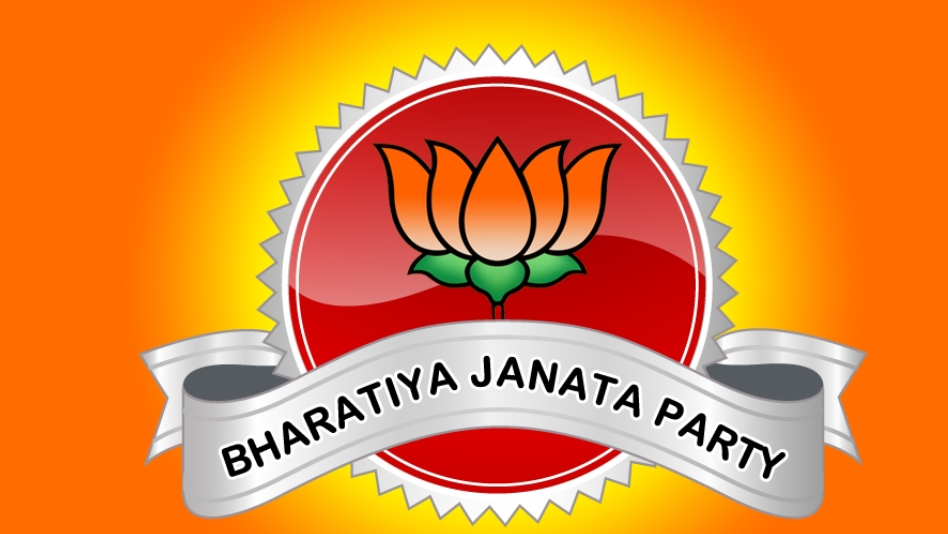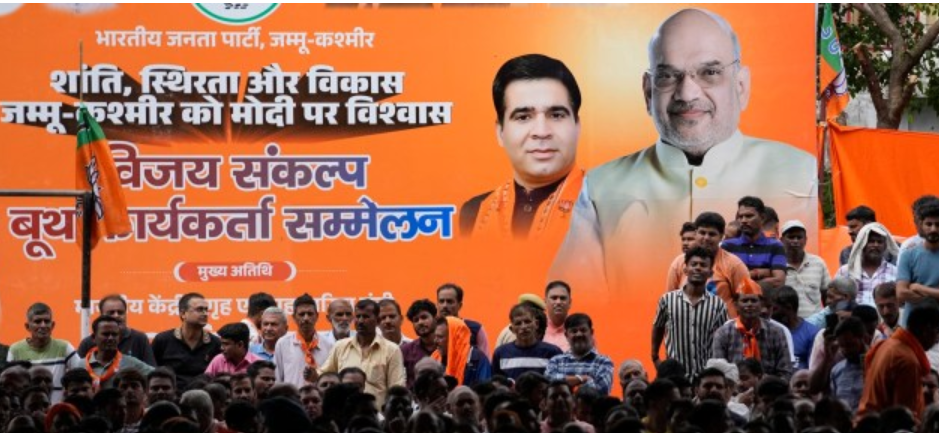As the final date for filing nominations for the third phase of the Jammu and Kashmir Assembly elections approached, the BJP ended speculation by confirming that it will contest only 19 seats in the Kashmir Valley. In an official statement released on Wednesday evening, the party clarified that no additional candidates will be announced for Kashmir.
This decision comes as a surprise, especially after Union Home Minister Amit Shah had previously declared that the BJP would contest all 90 seats in J&K, to form the government. Despite this, the party chose to skip 28 out of the 47 seats in the Valley, leaving many senior BJP leaders feeling sidelined and disappointed with the ticket distribution process.

BJP’s Tactical Move in the Valley
The BJP’s final list of candidates includes eight from South Kashmir, six from Central Kashmir, and five from North Kashmir. According to party insiders, the decision to field only 19 candidates in the Valley is seen as a strategic move rather than an expectation of widespread success. The focus seems to be on supporting Independent candidates who could challenge the strongholds of Kashmir’s traditional political families.
While some BJP leaders expressed frustration, claiming they had been overlooked despite years of dedication to the party, others believe this strategy could still prove advantageous in the long run. A senior leader in Srinagar remarked that the decision has left loyal party members disillusioned, as the BJP chose either to skip key seats or to field new, lesser-known candidates.
Support for Independent Candidates
The BJP’s decision is partly driven by the belief that it holds limited chances of winning seats in the Valley, except for a possible seat in Srinagar. A party leader revealed that the focus is on boosting the chances of certain Independent candidates who may have the potential to disrupt the influence of “dynastic” political parties in the region.
During a recent party workers’ meeting, Rafiq Wani, BJP’s candidate from Anantnag, openly claimed that regional parties and Independents were aligned with the BJP. Wani suggested that by supporting these candidates, the BJP could aim for 20 seats in the Valley, with an expected 35 seats from Jammu, giving them a potential majority.
While the BJP’s move to contest only 19 seats in the Valley has sparked internal tensions, it also reflects a carefully calculated strategy aimed at boosting the influence of allied Independent candidates. The party’s focus appears to be on securing enough support to strengthen its position in the overall Assembly elections.


